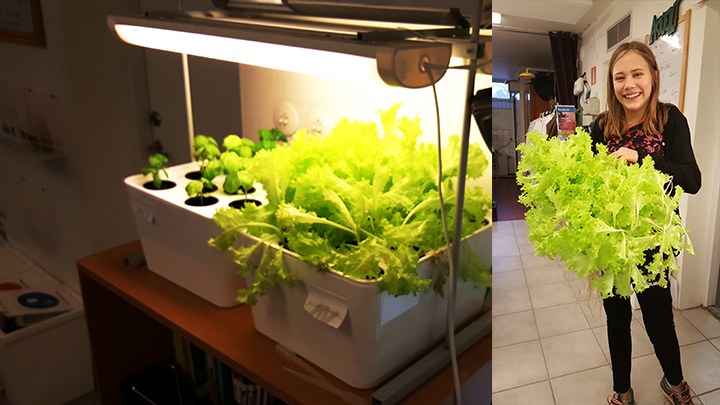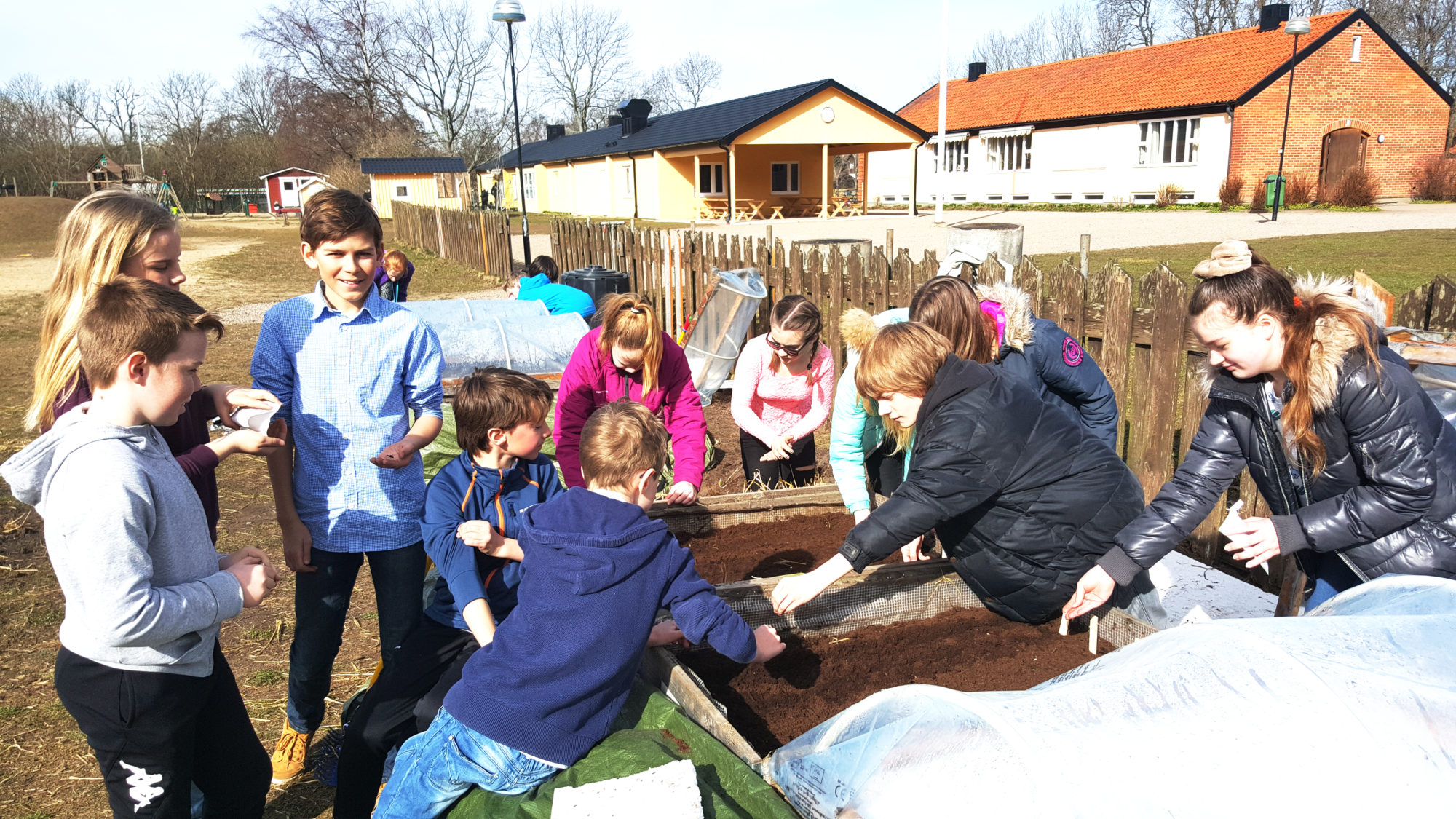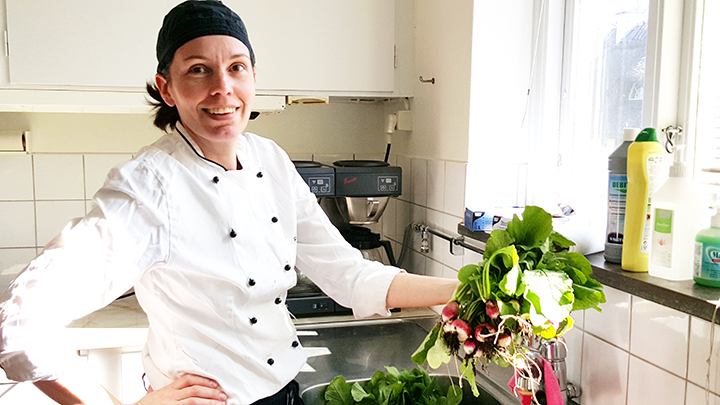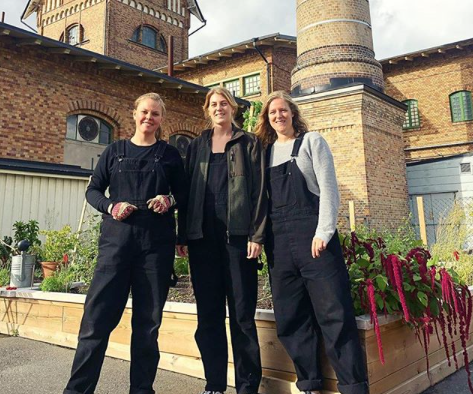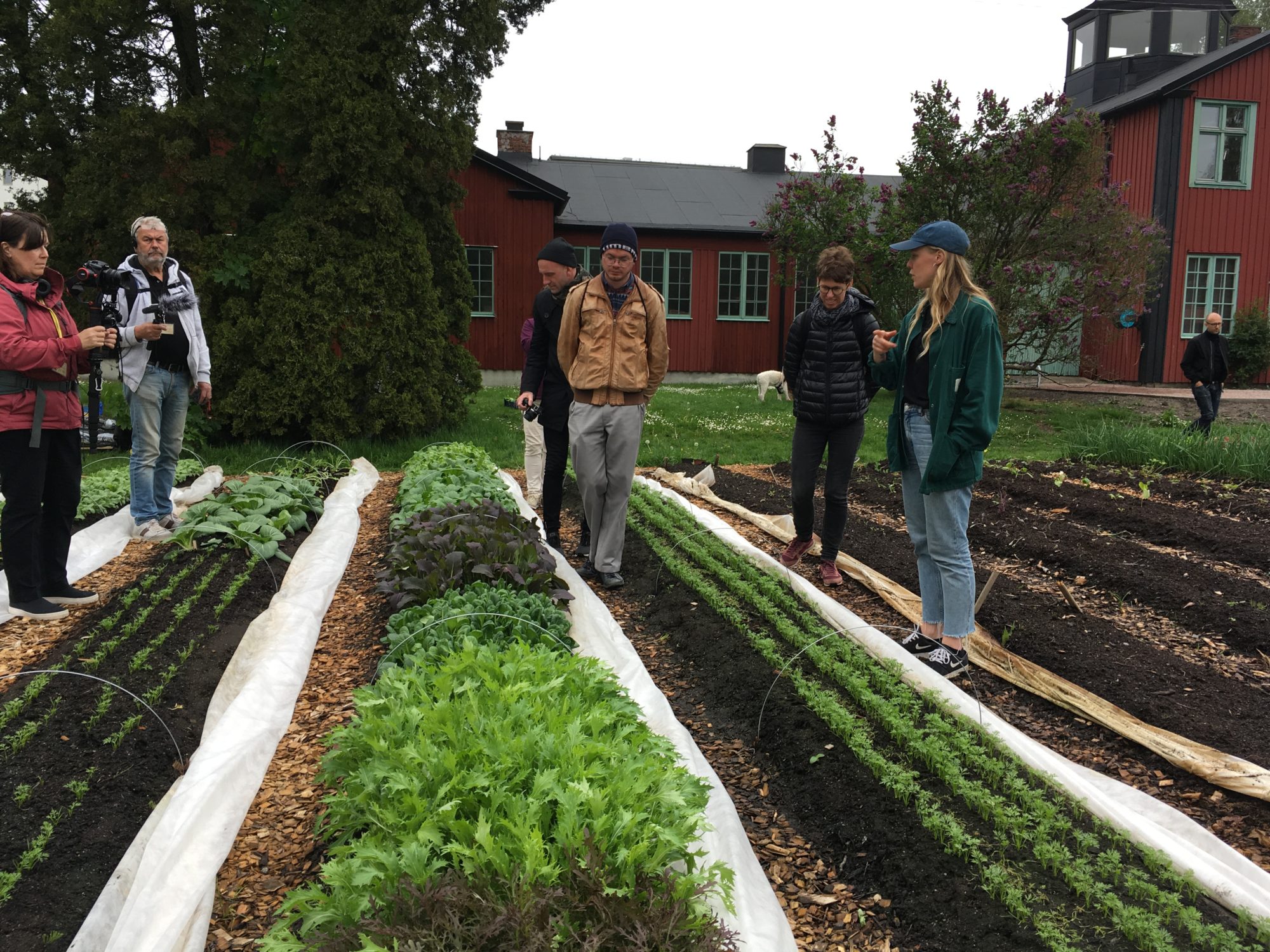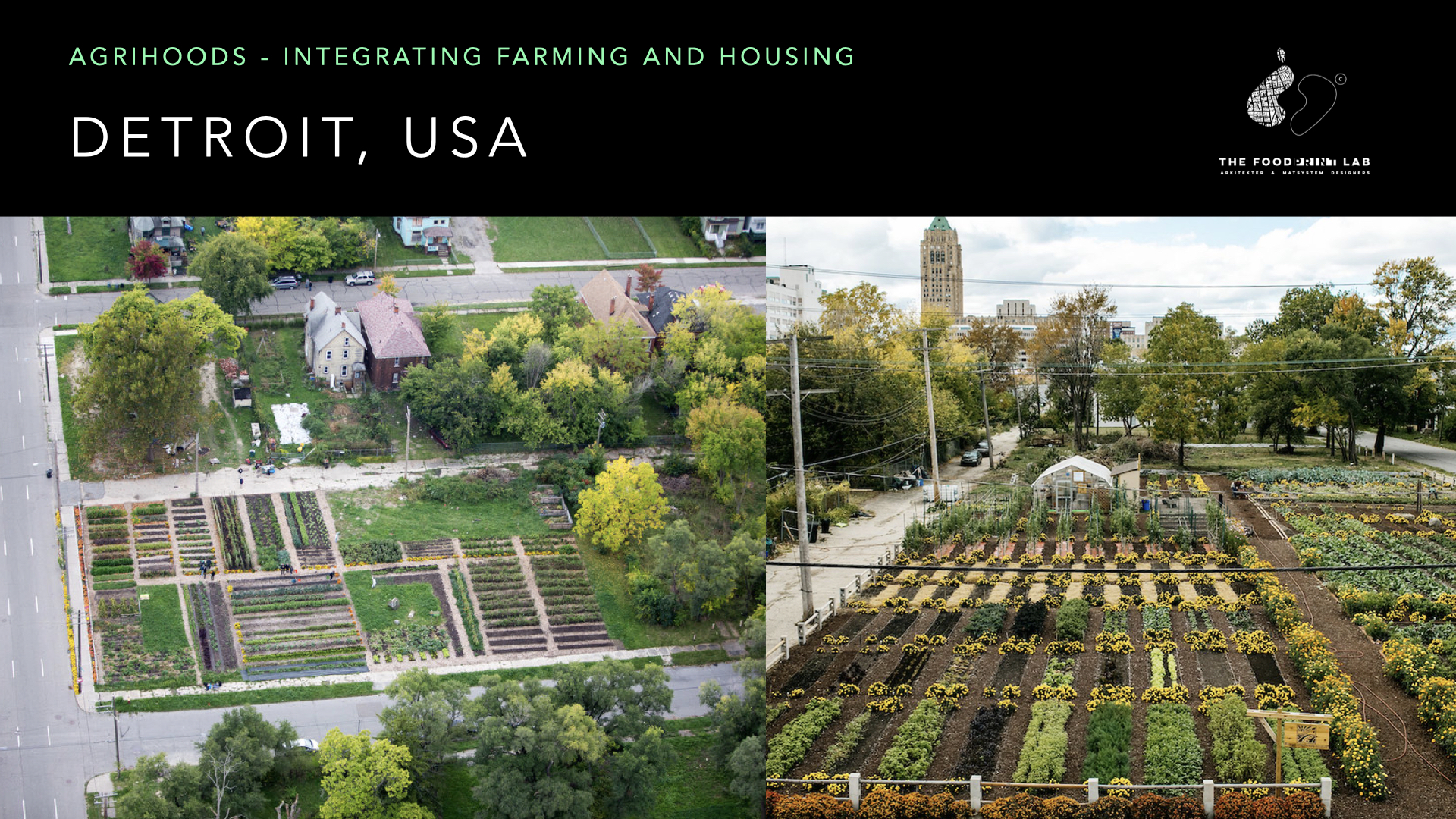News
Start farming at your school
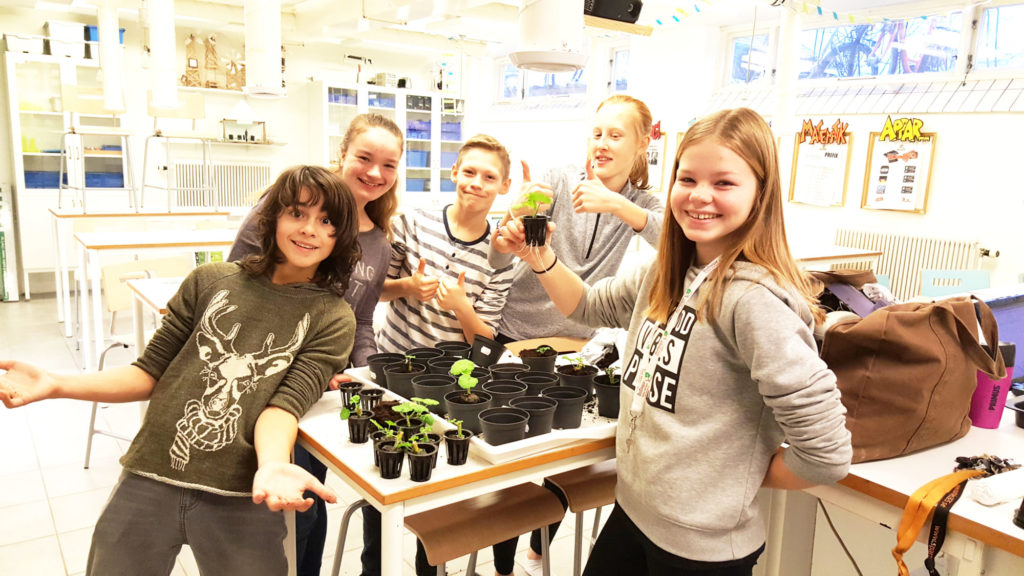
“Hello Andreas, have you seen this video? Anything useful for your teaching?”
That was the short message from an old friend of mine. It was 2013 and attached to the message there was a link to the video about making an experimental aquaponic farm. I was impressed then and thought about the potential in the technology. It seemed fantastic both, the farms and the environmental perspective but above all the pedagogic perspective. I remember that I checked in MANY video links and learned about both aquaponics and hydroponics.
The principle had during the autumn tried to convince me to become the first teacher at the school. The overall vision would be just to drive the development through pedagogics. I would alone take and plan exactly how it would happen. I had hesitation for the assignment, but now it felt suddenly that many pieces started to fit in the puzzle. A plan was crystallized in the shape of a theme for the whole school. We would work during the year 2014/2015 with a main project called “Sustainable development”. To split the work into more manageable parts we divided it in three smaller subprojects. From year 0-2 we worked with “Sustainable transport”, from year 3-6 with “sustainable food production” and from year 7-9 with “Sustainable energy production”. The work went good and we came up with many funny activities and lessons. It appeared though quite fast that one of the three projects was more interesting for the students and caught all of their curiosity/ attention; “Sustainable food production”. Everyone wanted to be with the farm, that was one of the elementary lesson for 3-6 year.
So here three years later, the farming has become a permanent element for the teaching. We see constantly more and more parents who want to use farming as a pedagogic method. I would have written a whole essay about farming advantages. In addition it helps us to achieve the knowledge objectives getting farms together with schools leisure profile gives us an overall picture of diet and health. It creates respect and understanding for good raw ecologic farming, local production and so on…Farms give also to the students a big susceptible degree to taste new (vegetarian) dishes in the school kitchen. And last but not least, farms strengthen the group and the feeling of being at school. It is US ( employees and students) that farm together the nice ingredients that can be found in the school’s dining room.
Through the years we have been analysing which type of farming that works best with the school organisation. We have found methods that works despite summer holidays and the interruption in the daily maintenance those holidays means. The methods means that we either move the farming season sooner or later, or make it a whole lot easier to move the farm to another place.
Three tips for you who wants to start farming with students:
- Start with something simple.
Micro-greens, for example, is perfect. It is cheap and with few resources low requirement task in terms of nutrition and light. Micro-greens grow very fast and can be harvested in two weeks after planting them. The young plants arePrimarily is often more tasty than the fully grown vegetables and contains additionally more vitamins. - Don’t be afraid to failure.
If you have a farming background it will unfortunately hurt your soul when the plants dies and it will scratch in your fingers when students “make mistakes”. To stay calm with those emotions is actually a hard work. It will always be hurting and scratching. You must still assume failure is GREAT sign for a pedagogic process. It is when we fail that we really have something to analyze. - Use the farm in other school subjects.
When your students plant seedlings and harvest, let them use their knowledge/ experience in other subjects. You realize that you will become impressed by the quality from the essays that the students hand in for example. Especially students who usually have challenges producing text managed these tasks better. To place words for things is easier when the storyline is clear in their head. When farming one knows in which order things are and can even cope with several senses. One knows how it feels, taste, smells and looks.
….and when your colleagues see your success it is sure they will also want to join. Don´t force a colleague into the project, if they don’t want to join themselves. Let them instead see how easy it can be when all works. See how much fun you and your students have and how much you experience together.
…and if you are school administrator and read this. Even if I burn for farming I DON’T think that Swedish schools will become better if everyone farm. Let those who want to farm do it. Create good conditions for engaged spirits who are out there in the schools. Offer soil, seeds and planting vessels. Tell them that these things that can still have a place without the need to cut down the budget for something else.
Read more about our most successful farming methods under this link
Andreas Andersson
NO-Teacher with soil under the nails
